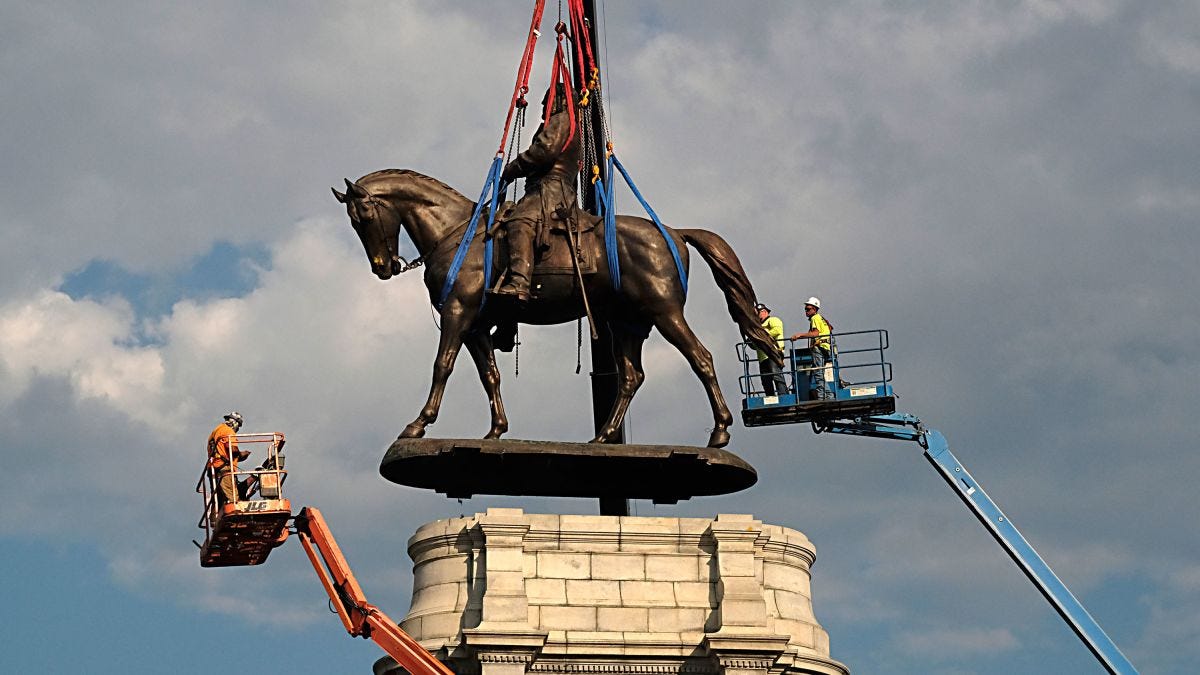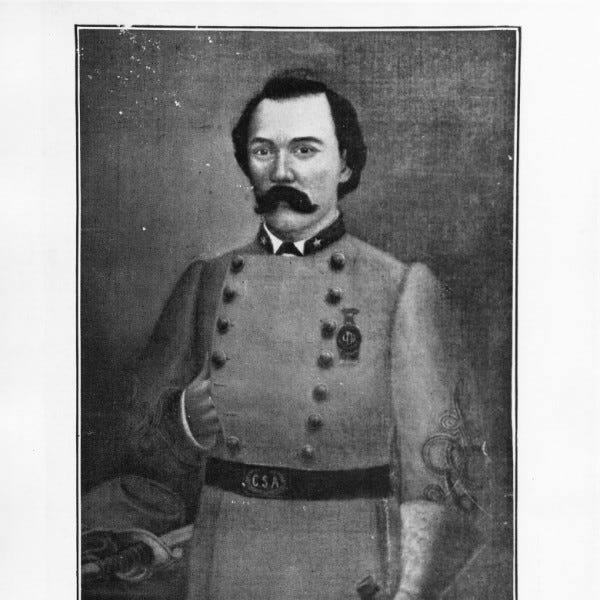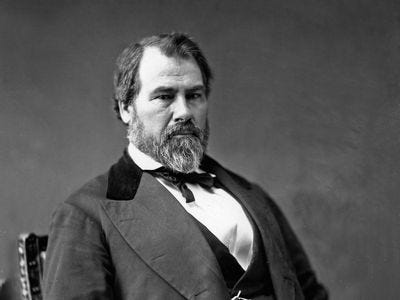Editorial: Standing Up for Confederate Heroes
Texas celebrates Confederate Heroes day. Below is an editorial from Konner Earnest. A conservative political activist and an ancestral Southerner with deeply tied familial roots in Arkansas, Oklahoma, Mississippi, and Texas.
Originally established in 1973 by the state legislature as a state recognized Holiday, Confederate Heroes Day is in place to remind Texan’s of the honor, sacrifice, bravery and vigor that their ancestors fought with and help aid in the education of history for those who would find themselves coming to Texas.
Starting in 1905 Texas celebrated Robert E. Lee’s birthday, and in 1931 codified Jefferson Davis’s Birthday as a state holiday but after the creation of other state holidays they decided to merge their birthdays into one holiday, Confederate Heroes Day to be celebrated on the 19th of January every year, Robert E. Lee’s Birthday.
The following passage has been taken from Descendants of Confederate Veterans Texas Chapters special newsletter in regards to the remembrance of Robert E. Lee’s passing:
“Robert E. Lee had been perhaps most famous as the Commander of the Army of Northern Virginia for the Confederacy in the recently completed Civil War. Prior to that he had been a career officer in the United States Army, including a period as Superintendent of the United States Military Academy at West Point. He had graduated from that institution second in his class with no demerits on his record. He was the son of the famous “Light Horse Harry” Lee who had served with George Washington in the American Revolution and who said of Washington on his death that Washington was; “First in War, First in Peace, and First in the Hearts of his Countrymen.” Lee was known to all as a devout Christian who was not in favor of secession, not in favor of slavery, was offered a high command in the Union Army prior to the outbreak of hostilities with the South but resigned from the Army rather than take up his sword against his native Virginia. Lee was a hero to the men, women and children of the South. One only needs to pick up a contemporary source of the time to find that so. The soldiers under him would follow General Lee wherever he wanted to go. Wives and mothers took comfort knowing that their loved one was fighting with Lee, and after the War Lee was well known for his efforts to reconcile the nation.”
It is noted here that Lee was a Christian and stories of those who knew him, served with, and even fought in battle against took notice that he was devout to his faith as it came first in everything he did. Many recount stories of him denying himself for the good of others, and teaching others from the time they were born to do the same, living out the idea of Luke 9:23 which states “If anyone wishes to come after Me, he must deny himself, and take up his cross daily and follow Me.” Not to mention the fact that he understood the civil war was no more than that of a “brother war” as displayed in the national archives and a beautifully written ballad by Johnny Cash. Lee was someone to look up to, remember, enshrine, and celebrate, not dismember, forget, and desecrate.
Every southern state, except for Virginia, recognizes its states and regions' confederate history with a state holiday. Of course Virginia was led by a Democrat trifecta at the time with well-known progressive Ralph Northam as Governor, and a strong Democratic Majority in the House and Senate. Every year since 2015 Texas House Democrats along with their Senate Democrat counterparts have made it a priority to erase this long-standing state holiday from our history books. House Democrat Rafael Anchia has also consistently authored legislation that would remove Confederate monuments from the Capitol grounds, namely the symbolic canons, a mural of Jefferson Davis that hangs in the Senate chamber, and the monument that sits just outside the Capitol that so truthfully states that the confederate cause was a fight for states’ rights. Texas is, was, and will continue to be a southern state. It was only Democrats who would introduce such legislation until this session, Matt Shaheen a Republican from Plano would introduce legislation to do the same. Although, we shouldn't blame Mr. Shaheen for being the first Republican to coalesce with Democrats on working to erase our state and regions history, he has no ties to our states history and no dog in this fight, as he is Lebanese and showcased his roots and allegiance to the middle eastern country by putting the countries’ flag in his profile picture on twitter and recognizing himself as hyphenated American instead of just American. Teddy Roosevelt once said “The one being abhorrent to the powers above the earth and under them is the hyphenated American.” Mr. Shaheen was also born in Virginia as mentioned earlier the only historically Southern state to rip and distance themselves from their heritage.
This is a part of an agenda to erase the history that ancestral Texans not only take pride in but are inspired by and this is nothing more than a way to spit on the graves who fought for this great state in the past. It is apparent they are coming for our forefathers, what they fought for, their statues, monuments, memorials, and days of remembrance. The Republican Party and its legislators should have nothing to do with it. I would be remiss not to mention that while Sheehan is the first Texas Republican in state office to make such a move so disturbing and anti-historical, we have seen Republicans from Texas in federal office do the same in Washington D.C.

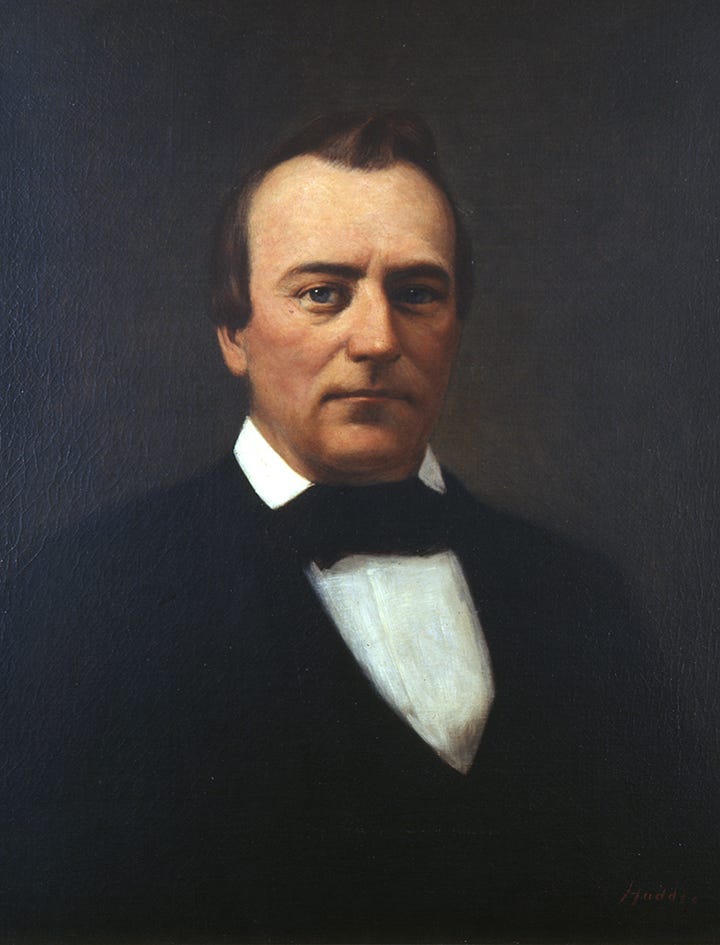
Sam Houston, and Francis Lubbock. Two names so etched into Texas history that it would be nothing without them. Bothing have cities of hundreds of thousands and even millions with their names on them. Sam Houston has countless schools named after him from a four-year university in Huntsville, Texas to an elementary school in Lebanon, Tennessee. They gave Texas the name it has today. In his memoir entitled Six Decades in Texas Francis Lubbock said “let us then not despond, my country men; but, relying on God, meet the foe with fresh defiance and with unconquered and unconquerable hearts.” Lubbock and Houston are two of the four governors who were at the helm of Texas while it had seceded from the union and bravely became a piece of the confederacy.
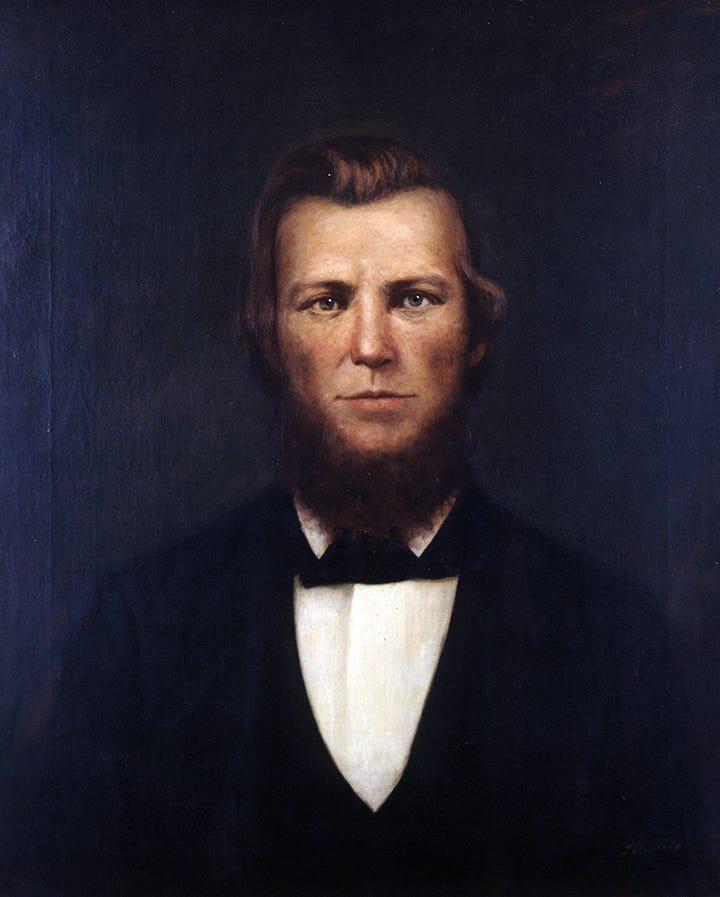
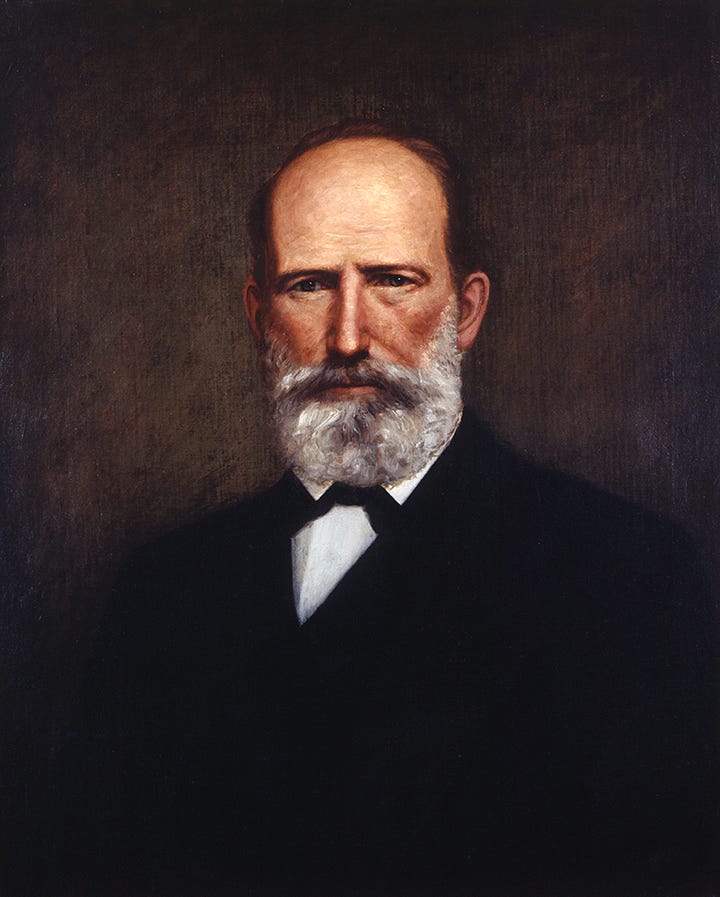
Pendleton Murrah and Edward Clark were the other two Confederate Governors of Texas. Both have sites throughout the state, and depictions of them hanging in the Capitol in their honor. Over 20 years after the conclusion of the civil war Lawrence Sullivan “Sul” Ross, a former Confederate General, would become the governor of Texas. Sul Ross State University would be established in 1917. This makes two of the three colleges named after former Texas Governors affiliated with the Confederate army.
John Bell Hood graduated from West Point at 22 learning from superintendent of the Academy Robert E. Lee. In some of his first taste of action he was wounded as an arrow was shot through his left hand by the Comanches. Soon enough a war between the North and South would ensue and as a member of Texas’s 2nd Calvary he naturally sided with the South in the war. Hood would go on to command units that would fight in Gettysburg, Antietam, and Chickamauga. Hood was the namesake of Fort Hood until the Biden administration recently changed the name of the military base along with eight others in their ongoing effort to show just how much disdain they have of ancestral southerners.
Dick Dowling was an Irishman who escaped the potato famine to New Orleans in 1846. Dowling moved to Houston in 1857 where he would become a well-to-do property owner, owning saloons and a two-story building on main street. Because of the notoriety he accrued as a businessman he found himself in an Irish militia that would be thrust into a Texas Army Brigade to fight in the Civil War. His unit would call themselves the Davis Guards and take Union Army Forts and Arsenals and fend off Galveston from attack on Independence Day in 1863, Dowling led his men in these efforts. Mr. Dowling was awarded many medals and awards for his leadership and bravery. He has streets named after him throughout the state of Texas and was the namesake of Dick Dowling Elementary in Port Arthur, Texas until the school district decided to change the name of the school and another elementary school in the district, Robert E. Lee Elementary.
Albert Sidney Johnston grew up in Kentucky and attended Transylvania University with Jefferson Davis. Johnston would move to Texas in 1836 with the hopes of joining the Texian Army; he was successful. Just two years later he would be appointed to the position of Secretary of War by Governor Mirabeau B. Lamar. He provided the defense for the Republic of Texas that stopped any advances from Mexican rebels that intended to try to take back areas of Texas. Due to his flush resume he would be put in charge of the largest swath of any Commander of the Confederate Army, as he oversaw what was west of the Allegheny mountains. While his Confederate career was not as successful as his Texian one, he was a hero in his own right as he did what he had to do just as Robert E. Lee would by saving men from needless conflict and unwarranted casualties.
Simon Bolivar Buckner, the namesake of the 27 mile long peninsula just south of Houston located in the Gulf of Mexico. Originally from Kentucky first came to Texas during the Mexican-American War to aid in the station of troops along the Mexican-American border and would later go on to do the same during the Civil War for the Confederacy but this time in Houston. He would be sent by Albert Sidney Johnston to be one of the four brigadier generals to defend Fort Donelson. Bolivar would be very pivotal and influential in the Confederate invasion of Kentucky, at the Battle to defend Fort Donelson, the Battle of Chickamauga, the Battle of Perryville, and the Battle of Munfordville. Later he became the 30th Governor of Kentucky.
John H. Reagan would live a long illustrious life becoming a Senator in the United States Congress post-civil war having been the acting Secretary of the Treasury and PostMaster General at different times to the Confederate States. He had also served in the U.S. Congress and the Texas House of Representatives. While Reagan never served in the Confederate Army as a soldier or in combat generally he became a figure of honor for Texans because of his esteemed service in the Confederate Army. Mr. Reagan was a Statesman, no less. Texans hailed Reagan’s return to limelight after being selected Senator for they viewed it as something of legend and virtue, something to ease the harsh and obtuse tactics thrown onto them as part of the reconstruction. The John H. The Reagan state office building still sits adjacent to the Capitol to this day and so does Reagan County, Texas which was named in his honor. Mr. Reagan would have two high schools and an elementary school named after him, all of which have been renamed.
“Stand up in the presence of the aged, show respect for the elderly and revere your God. I am the LORD.” - Leviticus 19:32
We have a mandate as Southerners and Texans to stand up for the history of this great state and our ancestors.





